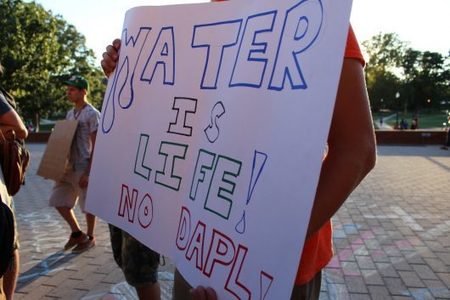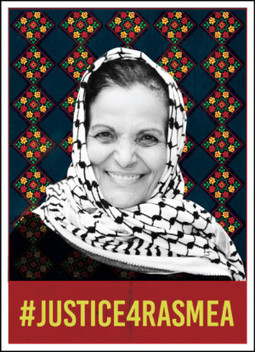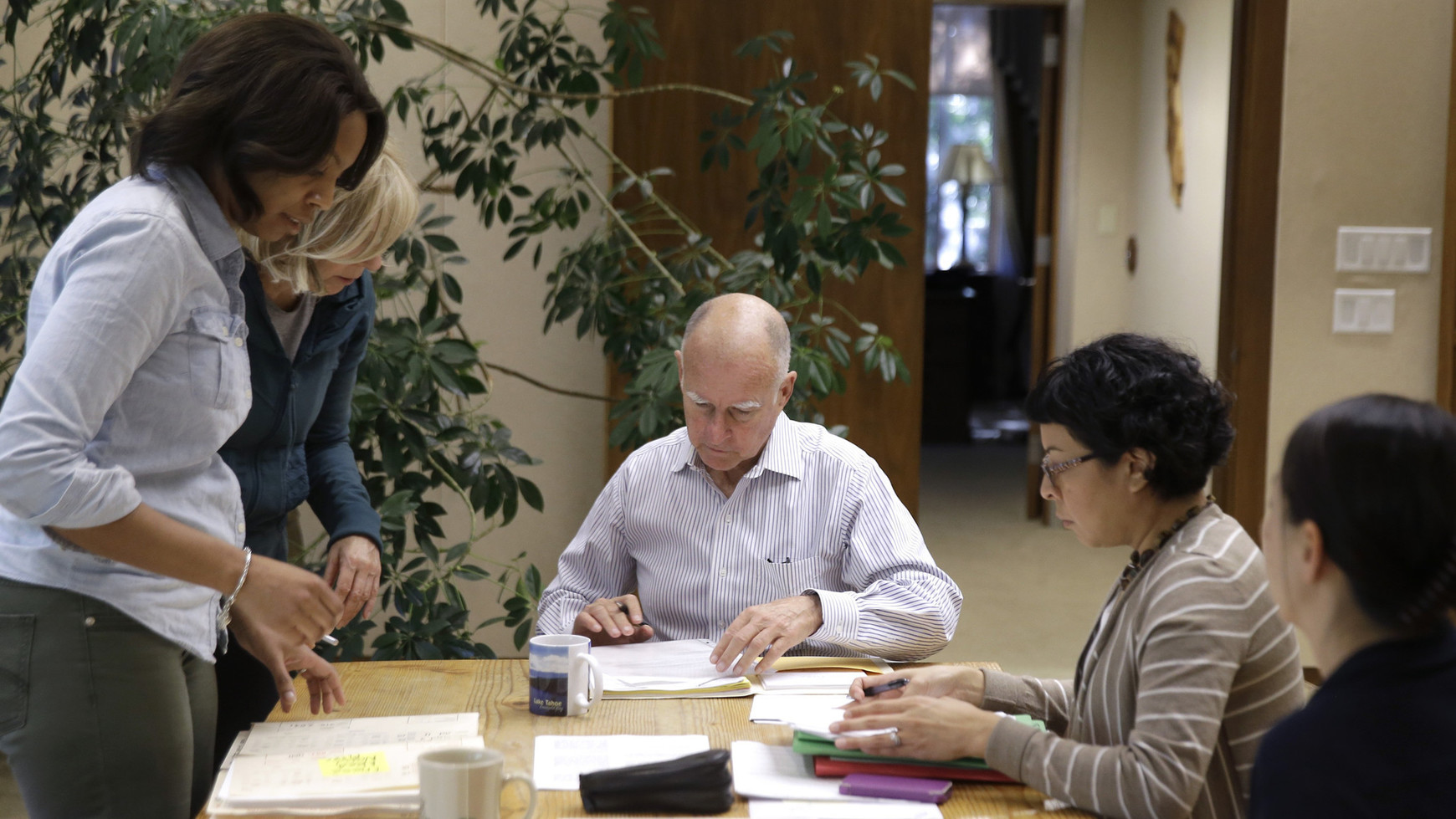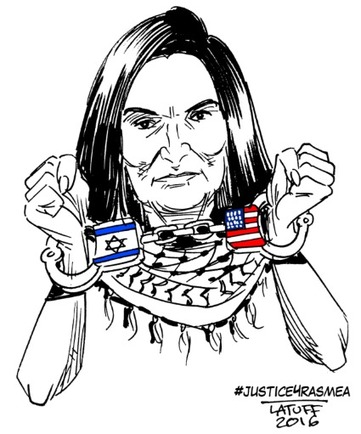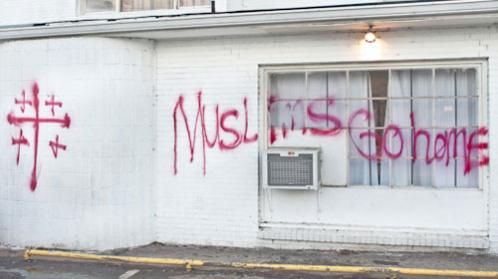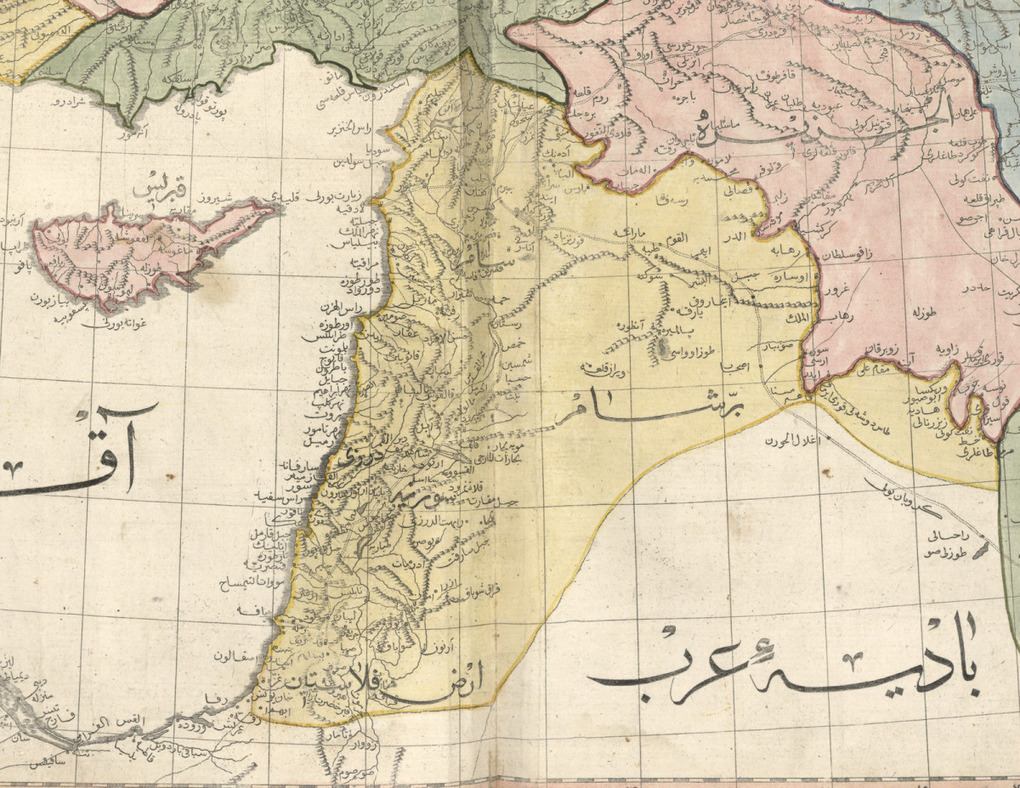
Palestine Studies
Google prides itself on being all things to all people. And, befitting our globalized times, Google’s search pages are localized both linguistically and by web address. Visit Google in Rio de Janeiro and your Brazilian IP address (i.e. internet location) will direct you to google.br rather than the google.com Americans are accustomed to. In France: google.fr; google.tn for Tunisia, and so on.
For Palestinians in the Israeli-occupied West Bank and Gaza Strip, Google set up google.ps but initially titled the local search page the “Palestinian territories.” Then in Spring 2012, it changed its banner to “Palestine.” This sparked joy in the hearts of Palestinians: the world’s most prominent internet company had recognized the occupied territories as Palestine. Almost on cue, Israel protested. The then-Israeli deputy foreign minister, Ze’ev Elkin, sent an open letter to CEO Larry Page asserting that Google’s recognition of Palestine would “negatively impinge on the efforts of my government to bring about direct negotiations between Israel and the Palestinian Authority.” Palestinians, Elkin argued, would only be emboldened by Google to jettison direct negotiations with Israel and seek “one-sided actions.” Elkin’s histrionic letter had little, if anything, to do with sincere aspirations for peace and everything with Israeli opposition to any recognition, official or otherwise, of Palestine. Elkin’s words are belied by his outspoken opposition to a Palestinian state and support for Israeli annexation of the occupied territories. Google dismissed Elkin’s letter and a spokesman told the BBC that Google takes it cues from “the UN, ICANN (the Internet Corporation for Assigned Names and Numbers), ISO (International Organization for Standardization) and other international organizations.”
Kudos to Google!
Not so fast, however, as Google appeared to bow to Israeli pressure recently by removing Palestine from Google Maps. Online protesters circulated screenshots of the map service alleging that where the West Bank and Gaza had previously been labeled Palestine, now only Israel is labeled and the occupied territories are just marked by a broken line:
A change.org online petition titled, “GOOGLE: Put Palestine On Your Maps!” quickly went viral. It attracted tens of thousands of digital signatures, and the hashtag #PalestineMap was trending Twitter.
It emerged, however, that Palestine was never erased from Google Maps because it was never there to begin with. A perfect example of Internet hordes getting ahead of the fact? Sure, but the false event raises a serious question: Why isn’t Palestine on Google Maps? After all, Google’s search engine −the heart of the company’s business model −recognizes Palestine, so why not Google Maps?
Such recognition would be in keeping with Google’s aforementioned guidelines as Palestine is a “non-member observer state” at the United Nations, a status it won in the General Assembly with the backing of 138 nations (with 9 against, and 41 abstentions) in November 2012. As a less-than-equal UN member (only a Security Council vote confers full recognition, but Palestine’s path is blocked by the ever-threatened U.S. veto), Palestine nevertheless joined the UN Educational, Scientific and Cultural Organization (UNESCO) as a full member.
As at end-2015, 136 of the UN’s 193 member states (more than 70%) had recognized Palestine, including China, India, and Brazil, most of in the so-called developing world. Israel frets more about the so-called first world countries recognizing Palestine as Western Europe and the United States are its key trading partners, military suppliers, and diplomatic backers. Although lagging behind the rest of the world, Western countries are increasingly recognizing Palestine. Sweden and Iceland have officially done so; the national parliaments of the United Kingdom, France, Greece, Spain, Belgium, and Ireland have passed non-binding resolutions on the subject; and Italy and Norway have upgraded the Palestinian representative’s office in their respective capitals to a status befitting a sovereign nation. Moreover, the European Parliament has passed its own motion proclaiming “in principle recognition of Palestinian statehood” by a vote of 498-88. Lastly, The Vatican has also bestowed its blessing of recognition on Palestine.
Last year, when the Palestinian Authority applied to join the International Criminal Court (ICC) at The Hague, there was some question as to whether Palestine could qualify, given its less-than-unanimous status as a sovereign state, but the ICC ended up ruling in favor of membership.
And if you were watching the Summer Olympics in Rio, you might have seen Palestinian athletes competing under the Palestinian flag. The International Olympic Committee has recognized Palestine since the 1996 Summer Olympics in Atlanta, GA.
A free Palestine, of course, remains an aspiration. But unlike, say, Tibet (recognized by no nation) or Abkhazia (recognized only by Russia), Palestine is recognized by most countries around the world, is a member of several international organizations, and is occupied by a power that pays lip service to the idea of a sovereign Palestinian nation. Going back to Google, Taiwan shows up on Google Maps even though the country’s international status−lacking a UN seat, for instance−falls short of Palestine’s. And in Google’s own backyard of Silicon Valley in California, Facebook−the world’s largest social media platform−recognizes Palestine. Facebook’s recognition isn’t akin to that of, say, the United States, but it isn’t a trivial matter either. When the social media behemoth recognized Kosovo in 2013, the New York Times reported, “Kosovo is hailing a grant of legitimacy by a new arbiter of national identity: Facebook.” The Times went on to observe—albeit with a slight hyperbole—that “in an era when accumulating ‘likes’ may top a seat in the General Assembly, at least for many young opinion leaders online, Kosovo’s leadership is hailing a change on a social media site as a diplomatic coup worthy of Talleyrand.”
In other words, what happens online matters, and that is why Israel was so peeved at Google in 2013 and why Palestinians and their allies reacted with alarm to the (false) reports of digitized cartographic erasure. Whenever a major Internet company, the resource of upwards of one billion individuals, recognizes Palestine, the idea of a free Palestinian nation gains a little more traction.
In the end, of course, Google Maps is incidental to the Palestinian struggle. In every tilled field and harvested olive tree, Palestine is a reality on the ground and in the hearts of countless millions around the world. As one Twitter user remarked,
Source: blog.palestine-studies.org



